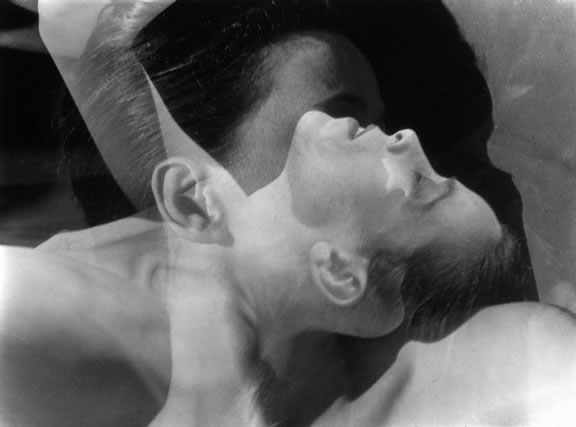
Martha Graham & Imogen Cunningham
All Bodies are Good Bodies
In Interviews • # dance, Halifax, Rach Klein
We asked Rach Klein about the modern improv workshop series she’s running with the King’s Dance Collective. Rach is a dancer and artist trained at the Ontario School of Ballet and the Canadian Contemporary Dance Theatre. She’s especially interested in the intersections between movement and visual/performance arts.
AA: Your improvisation style is situated in the Graham technique. Can you explain what this is for those who aren’t familiar with Martha Graham’s work?
RK: Martha Graham is one of the founders of modern dance. People call her the Picasso of dance. She emerged in the 1930s and lived until 1955 and sort of coined a technique of modern that’s all about contract and release. It really focuses on responsive movement and exaggerating natural movements. Since then, the Graham school of modern has been formed and is one of the two predominant techniques.
AA: What motivated you to create the series?
RK: I really wanted a space where you didn’t have to have a dance background to come. I find that there are a lot of spaces to dance in Halifax that can be scary because there are assumptions of technique and I wanted to make a space where there wasn’t. I think it’s really important to have a space where you get to move outside of prescribed dance techniques. The dance environment can be really toxic and not body-positive and can make you feel like shit about yourself. So all bodies are welcome here. However you move is valid and important and whatever you want to do that’s wonderful and respected.
AA: The workshops take place monthly and each one has a theme. What have the first two sessions covered?
RK: Last month we thought about how pause is not a plateau. We talked about this idea of pauses in learning and experience being important. Progress doesn’t move in a linear way and we have to unlearn linear progress in all of our experiences.
This month I wanted to talk about intuitive movement and listening to the ways your body wants to move and connecting what your mind’s saying with your actions. Often there’s this moment when you think, “I want to move like that” and somewhere between that and you moving you think, “that’s wrong”. It’s hard to unlearn that, especially when you’re moving with other people. But I’m trying to plant a seed to think about that.
AA: How does each workshop unfold?
RK: Each workshop is a little different but normally we start with a quick check-in where I bring a few quotes from dancers I like, thoughts I think are important to have in our minds, and we talk about the consensual experience that we’re going through. Then we do a little stretch, some sort of improvisational exercise that’s not quite dance just to get people moving. We do across the floor work and an improv pass focusing on one way of thinking about your body (whether that’s bends and joints or your spine). Then we end with an improv song, a guided stretch and a check-out.
AA: How does what you’re facilitating in the studio seek to subvert prescribed expectations of dancers and their bodies?
RK: The dance world can be very strict. So I’m trying to create a space where we recognize that our dance has to be trauma-informed. Everyone is bringing different experiences and relationships with movement. Whether that’s based on whether or not you’re able-bodied, have thin privilege, are movement impaired or hard of hearing—there are so many ways we relate to movement and we have to recognize standards of movement are traumatizing. What I’m working towards is a space where we can move respectfully with each other and validate each other’s movement.
AA: How might this subversion expand people’s understandings of their bodies as they relate to movement and/or art?
RK: I think when people start to work with their bodies instead of against them, we can form much better relationships with movement. Especially in our culture of placing an emphasis on movement for perfecting a body in some way, like working out to get stronger or get thinner, we get this idea that we should only move for those reasons and that’s bullshit. When you start throwing those ideas away and move because your body’s telling you to and not because you have an end in mind, people can start respecting their bodies in whatever capacity they can.
The next workshop in the All Bodies Are Good Bodies series is tentatively set for December. Details will be posted to the King’s Dance Collective’s website.
~
~